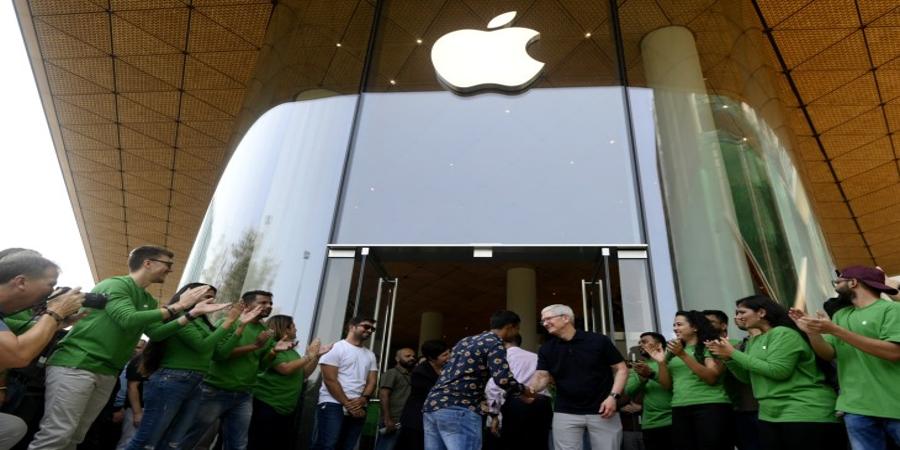Apple’s warnings in late October that Indian journalists and opposition figures may have been targeted by state-sponsored attacks prompted a forceful counterattack from Prime Minister Narendra Modi’s government. Officials publicly doubted Apple’s findings and announced a probe into device security.
India has never confirmed nor denied using the Pegasus tool, but nonprofit advocacy group Amnesty International reported Thursday that it found NSO Group’s invasive spyware on the iPhones of prominent journalists in India, lending more credibility to Apple’s early warnings.
“Our latest findings show that increasingly, journalists in India face the threat of unlawful surveillance simply for doing their jobs, alongside other tools of repression including imprisonment under draconian laws, smear campaigns, harassment, and intimidation,” said Donncha Ó Cearbhaill,hHead of Amnesty International’s Security Lab, in the blog post.
“Despite repeated revelations, there has been a shameful lack of accountability about the use of Pegasus spyware in India which only intensifies the sense of impunity over these human rights violations.”
The Washington Post separately reported Thursday that Apple faced heat from senior officials from Modi’s administration, who behind closed doors, earlier demanded Apple soften the political impact of the warnings. Senior officials summoned Apple representatives to insist they provide alternative explanations, even flying in an Apple security expert to meet with ministry leaders, the report adds.
The pressure campaign by Indian officials to soften the impact of the warnings disturbed Apple executives in California but achieved limited results, The Washington Post added. While Apple India officials initially helped cast doubt on the alerts — issuing a statement that in part said it was possible some notifications may be false alarms — the company issued no follow-up statement placating authorities after the expert’s visit.
The report adds:
The recent episode also exemplified the dangers facing government critics in India and the lengths to which the Modi administration will go to deflect suspicions that it has engaged in hacking against its perceived enemies, according to digital rights groups, industry workers and Indian journalists.
Many of the more than 20 people who received Apple’s warnings at the end of October have been publicly critical of Modi or his longtime ally, Gautam Adani, an Indian energy and infrastructure tycoon. They included a firebrand politician from West Bengal state, a Communist leader from southern India and a New Delhi-based spokesman for the nation’s largest opposition party.
For Apple, maintaining its commitment to user security took priority over risks to its growing India business. Apple, which opened two official stores in India this year, plans to move 25% of iPhone production to India by 2025, according to JP Morgan analysts. But the showdown revealed Modi’s willingness to turn the screws on Big Tech.
Source @TechCrunch



